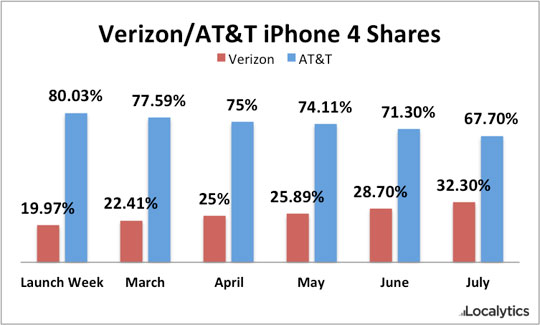Six of the 19 ‘Most Hated Companies in America’ are big cable, satellite and phone companies. The list, published this month by The Atlantic magazine, call out the perpetrators of bad customer service, high prices, and in the case of Time Warner Cable (#3) — Internet Overcharging.
The American Customer Satisfaction Index rates companies based on thousands of surveys. In the latest index, the most-hated companies include large banks, airlines, power and telecom companies. Especially called out this year was Time Warner Cable, celebrating a decade of public relations blunders ranging from gouging experiments on Internet service pricing, showing pornography on children’s channels, high rates, and downright lousy service in some areas. And with CEO Glenn Britt entertaining a return to Internet rate gouging, the company’s 59/100 score still has plenty of room to fall.
#3 — Time Warner Cable (59/100) — All of the above, plus sexually harassing a North Carolina customer.
#4 — Comcast (59/100) –Dreadful customer service and poor communications left consumers with dozens of channels gone missing, outrageous rate hikes, their phone service implicated in a Florida woman’s death, and who could forget the technician that set a customer’s house on fire. This one actually lost two score points since last year.
#5 — Charter Communications (59/100) — The usual rate increases were bad enough, but Charter also told their customers they were on the hook for cable boxes lost in fires that were not their fault, was held accountable for faulty billing practices, went bankrupt, introduced its own Internet Overcharging scheme, and worst of all — their infamous PR disaster telling tornado victims in Alabama to go and find their lost cable boxes scattered somewhere in the neighborhood. The representative on the line will wait.
#14 — AT&T (66/100) — Limited coverage and the introduction of usage pricing for data pl … oh sorry, AT&T dropped the call. All reasons why AT&T wins the ‘you suck’ award among mobile providers this year.
#17 — Cox Cable (67/100) — The home of the $480 early termination fee, Cox alienates customers like few others. They even use spacemen to harass their customers. Bemusingly, Cox is considered a customer service success compared with our other bad boys.
#18 — Dish Network (67/100) — Trending downwards, Dish is still giving their customers a bath in bad billing and worse customer service. They are lovers of big ad splashes with a terrifying excess of fine print which ruins the deal, if you read it.


 Subscribe
Subscribe








